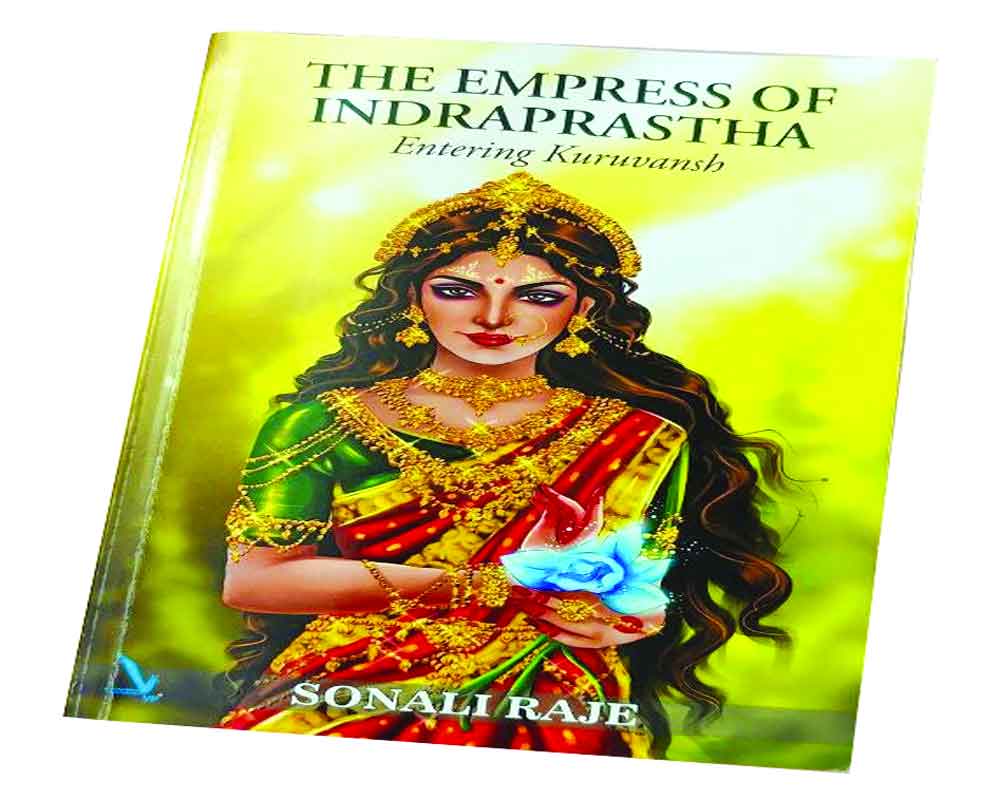In The Empress of Indraprastha, Sonali Raje brings a refreshing contemporary voice to one of the most complex female characters in Indian epics - Draupadi writes SANJAY CHANDRA
Through her first-person narrative, Raje explores the layers of Draupadi’s life, from her enigmatic marriage to the five Pandavas to her strategic foresight in a hostile world. With easy-to-follow language and modern mythic fiction style, Raje’s debut offers a fresh take on ancient tales, appealing to readers of all ages.
Draupadi is one of the most polarizing characters in Indian epics—adored and maligned in equal measure. Her silent acceptance of her mother-in-law Kunti's words, which made her the shared wife of five men, remains puzzling to many. Equally difficult to comprehend are her dismissive remarks towards Karna, rejecting him as low-born during her swayamvar, despite her intelligence.
The Empress of Indraprastha, the first book in Sonali Raje’s five-part series, opens with preparations for Draupadi’s wedding. Draupadi recalls her mother’s empowering words: she has the right to refuse any suitor, even if they succeed in the challenges set for her swayamvar. Her mother’s strength leaves a deep impression on Draupadi, shaping her into a strong-willed woman. The story also introduces her twin brother Dhrishtadyumna, both born from a sacred fire, and Shikhandi, her older transgender sibling, who leads the army—an indication of the gender inclusivity of their times.
The swayamvar becomes a pivotal moment when Draupadi refuses to let Karna attempt the challenge, leading to Arjuna’s triumph. However, Draupadi’s life takes an unexpected turn when Kunti unknowingly orders her sons to share whatever they have brought home, including Draupadi. While shocked by this command, Draupadi soon realizes the deeper need for unity among the brothers to navigate a dangerous world. Her acceptance is portrayed as both strategic and pragmatic.
As the story unfolds, Draupadi’s foresight comes into play. She repeatedly urges her husbands to seek partition, a move that eventually grants them a kingdom—though not as they imagined. The Pandavas are given Khandavaprastha, a barren wasteland, but with confidence in their abilities, they set out to build a mighty empire.
Sonali Raje’s The Empress of Indraprastha is told in the first person, offering Draupadi’s own perspective on the events of her life. The 138-page book, part of a new genre of contemporary mythic-fiction, is accessible and engaging for readers of all ages. Raje’s scientific background and experience as an associate professor of chemistry add a unique depth to her storytelling, especially in revisiting a subject that has been explored by many authors before her.
























